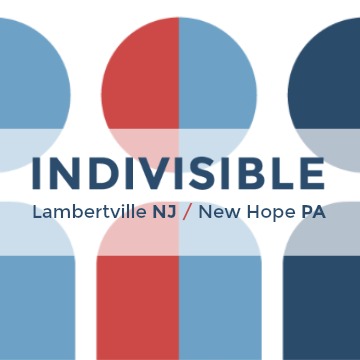Contributed by Deb Kline.
The impacts of the coronavirus on individuals and businesses have exposed gaping holes in the social safety net. As Congress and the administration now rush to find solutions to supporting those who are suddenly out of work or working under extremely reduced hours, who are without insurance coverage or paid sick leave, suddenly the more progressive platforms are looking like plausible ways to keep the country from further devastation. Ideas like checks to individuals and (somewhat) free healthcare are being seriously discussed, even if they are temporary stop-gap measures.
How it must stick in the craw of many of the hardened conservatives who have been hacking away at the social safety net since the New Deal. It’s no surprise that all of the nays on the second coronavirus relief bill in the Senate came from the Republican side of the aisle, which ultimately passed the Senate. Now, Republicans are taking up a Phase 3 emergency bill, which would include $50 billion to aid the hard-hit airline industry, $150 billion for other distressed sectors of the economy, two rounds of direct payments of $250 billion each on April 6 and May 18, and the creation of a small business interruption loan program. A vote is expected on this bill sometime this week.
Side note: The relief to the airline industry and other large businesses rankles many who feel that many of them squandered their corporate tax cuts as well as the 2008 bailouts on stock buybacks and boosting executive salaries. Elizabeth Warren has much to say about conditions that need to be in place to avoid similar behavior.
For an administration that has been loath to do anything to help individuals outside of the “1 percenters,” you know they’re running scared of the current free-fall of the economy. While boasting of the “best economy” and “lowest unemployment numbers” ever, the truth has shown it’s ugly face: PEOPLE CAN’T SPEND MONEY IF THEY DON’T HAVE ANY.
Democrats and progressives have understood milking the members of the middle and poorer economic groups is a strategy ultimately doomed to fail. The argument against social safety net programs has been that they make people dependent on the government and that they smack of socialism, which is a very slippery slope into communism. But it’s been the social safety net programs that have often lifted this country out of depressions and recessions, gotten people back to work and enabled them to purchase the goods and services that keep the wheels of the economy running.
Not to mention it’s the right thing to do. Every moral guidepost extolls compassion, care for the sick, care for the least among us, care for your neighbor. Gwendolyn Brooks wrote:
“We are each other’s harvest; we are each other’s business; we are each other’s magnitude and bond.”
Perhaps the outcome of this crisis will be the recognition that the business of America is not in its corporations, but in its people. If they truly want to create shareholder value, then the investments should be in the people and in the communities in which we live.
For more on just how much this administration has chipped away at Social Safety Net programs, even before the Coronavirus, see Donald Trump’s Assault on the Social Safety Net in Washington Monthly’s February edition.
Resources:
https://www.politico.com/news/2020/03/18/congress-emergency-coronavirus-stimulus-package-135444
https://thehill.com/homenews/senate/488256-senate-gop-expects-vote-on-third-coronavirus-package-next-week



